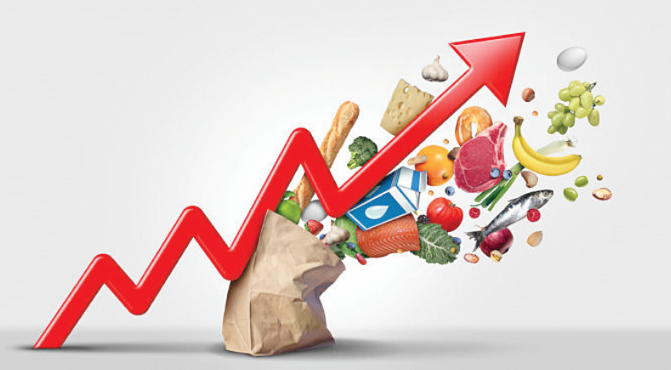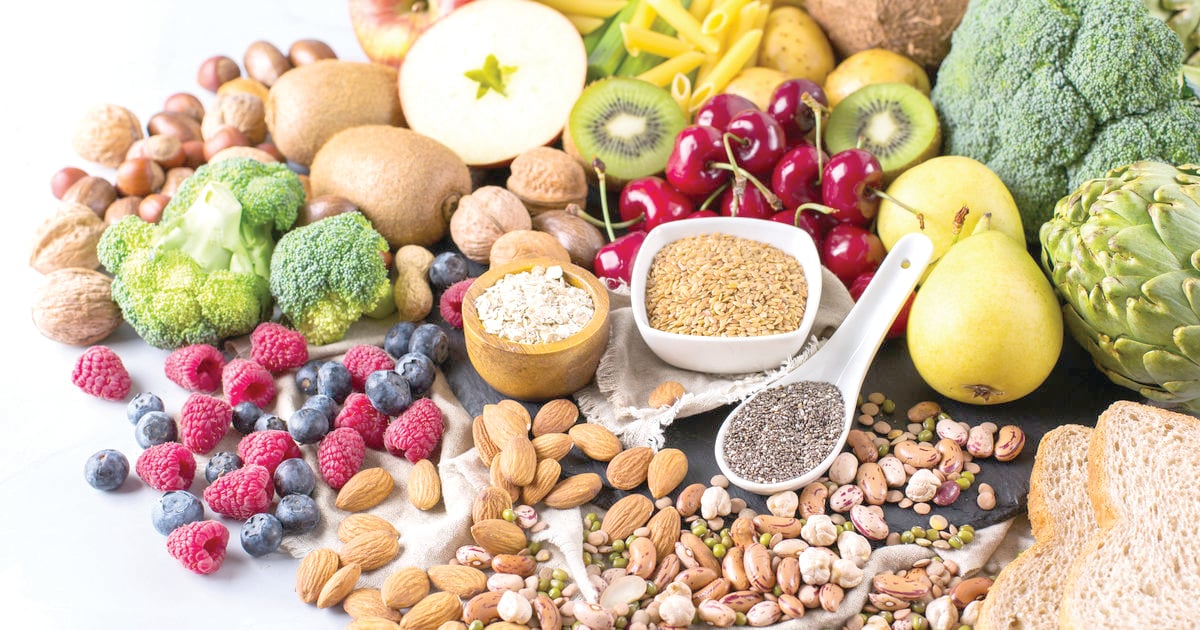Key dietary concerns amid rising cost of living

In the wake of a rising cost of living, it’s essential for Kenyans to navigate their nutritional choices wisely. Amidst the fluctuating prices of food items, one key concern is the accessibility of fresh produce.
Fruits and vegetables, crucial sources of essential vitamins and minerals, are often impacted by price hikes, making it challenging for individuals to maintain a balanced diet.
To counter this, consider exploring local markets or even growing some of your own produce at home. Community gardens or shared initiatives can also be valuable resources.
Protein intake remains a critical component of a healthy diet, but the escalating costs of meat can be prohibitive for many.
A practical solution is to diversify protein sources. Incorporating legumes, beans, and eggs into your meals can provide affordable yet rich alternatives. Not only are these options cost-effective, but they also contribute to sustainable farming practices, benefiting both your health and the environment.
Balancing macronutrients, such as carbohydrates, is another vital aspect. With staple foods, such as rice and maize becoming more expensive, consider exploring alternatives, such as millet, sorghum, or even sweet potatoes. These options not only offer nutritional benefits, but can also be more resilient to price fluctuations, ensuring a stable foundation for your daily meals.
In the face of these challenges, communities, government bodies, and businesses must collaborate in finding sustainable solutions.
Initiatives promoting affordable and nutritious food choices, coupled with educational programmes on wise nutritional practices, can make a significant impact.
By joining forces, we can collectively strive towards safeguarding vulnerable populations from the threat of hunger and malnutrition.
Remember, it’s not just a personal choice; it’s a collective responsibility to ensure that no one is left behind in the pursuit of a healthy and nourished society.















